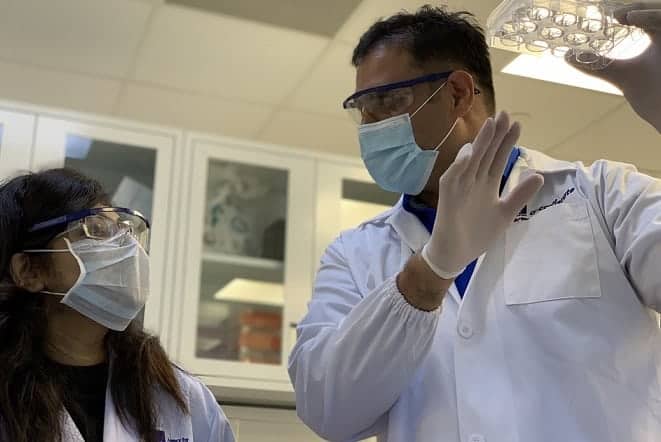Turtle Tree Scientific, a newly formed arm of Singapore’s Turtle Tree Labs, announces a partnership with Dyadic International, Inc, stating that “by leveraging industry-proven technology, this partnership brings us one step closer to the future of cell-based meat and dairy products that are cruelty-free, accessible, and sustainable.”
Dyadic International is a global biotechnology company focused on further improving and applying its proprietary C1 gene expression platform to accelerate development and lower production costs. TurtleTree Scientific will be using this platform to develop a range of recombinant proteins growth factors that can be manufactured at high yields and low cost in bioreactors.
TurtleTree Scientific was launched to produce food-grade and pharma-grade growth factors and cell culture media that exhibit high bioactivity. According to the company, currently, the costs of the culture make up 55%-95% of the cost of cell-based meat and dairy and as such, it is partnering with companies such as Dyadic to express growth factors with superior yields and price levels. By designing the necessary foundations for the cellular agriculture ecosystem to thrive, TurtleTree Scientific is working to provide solutions that will deliver the latest technology at an accessible price for all.

“This catapults TurtleTree Scientific to a global market leader in food-grade growth factors at a price point that will make cellular agriculture a reality for all,” says Max Rye, TurtleTree’s Co-Founder and Chief Strategist. “It has been a challenge to manufacture human growth factors at a large scale at an affordable cost, in order to enable several exciting commercial processes we are targeting. It was important for us to partner with Dyadic and C1 to help us overcome this hurdle, without compromising on the safety or efficacy of these growth factors while lowering our capital and operating expenditures. The C1 strain has been glyco-engineered to achieve human-like glycan levels and we expect that these scientific achievements will open new doors to apply C1 to a broader array of glycosylated growth
factors.”





